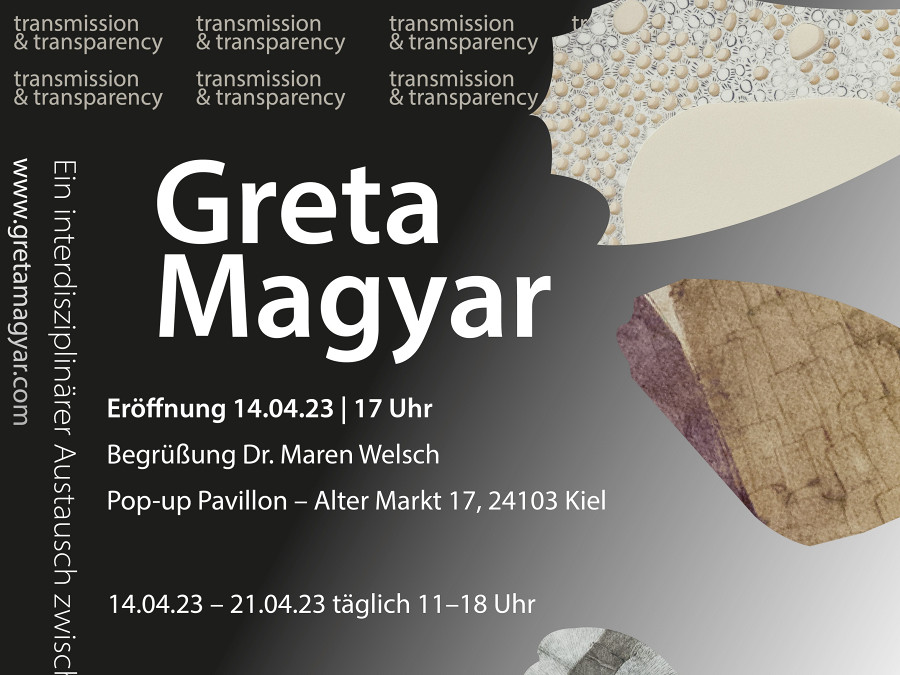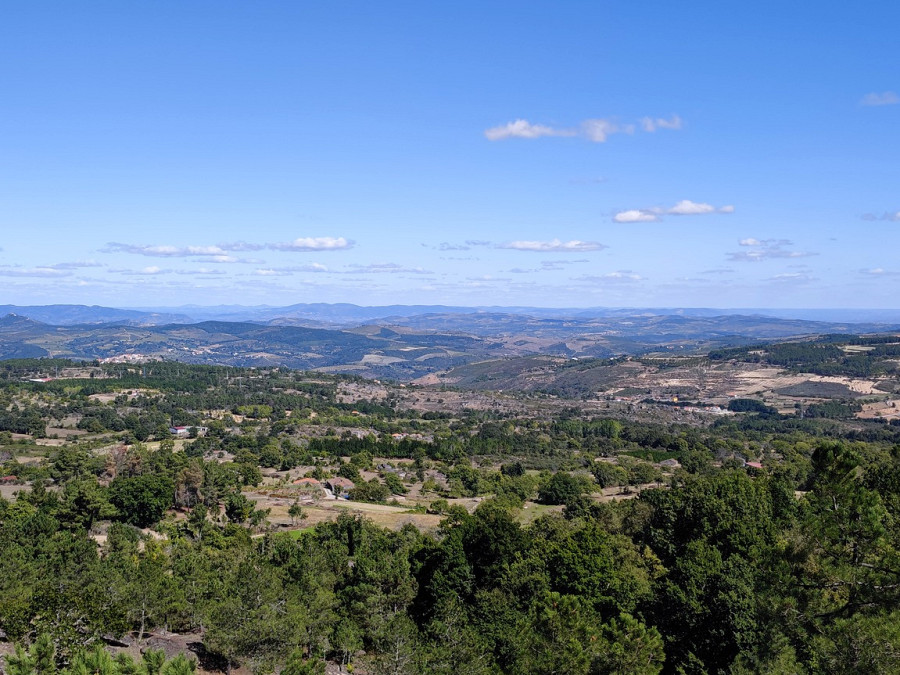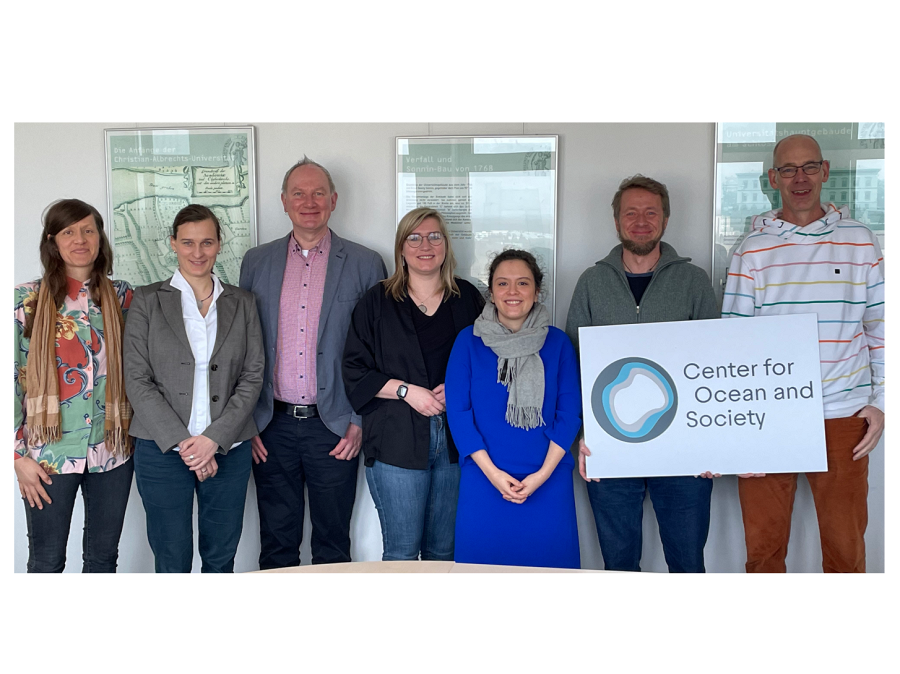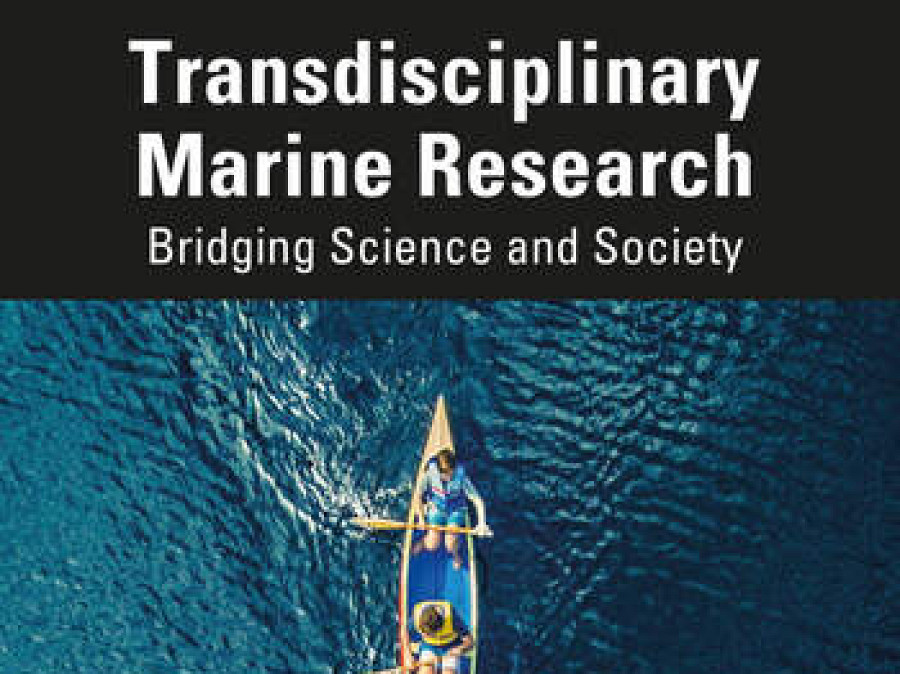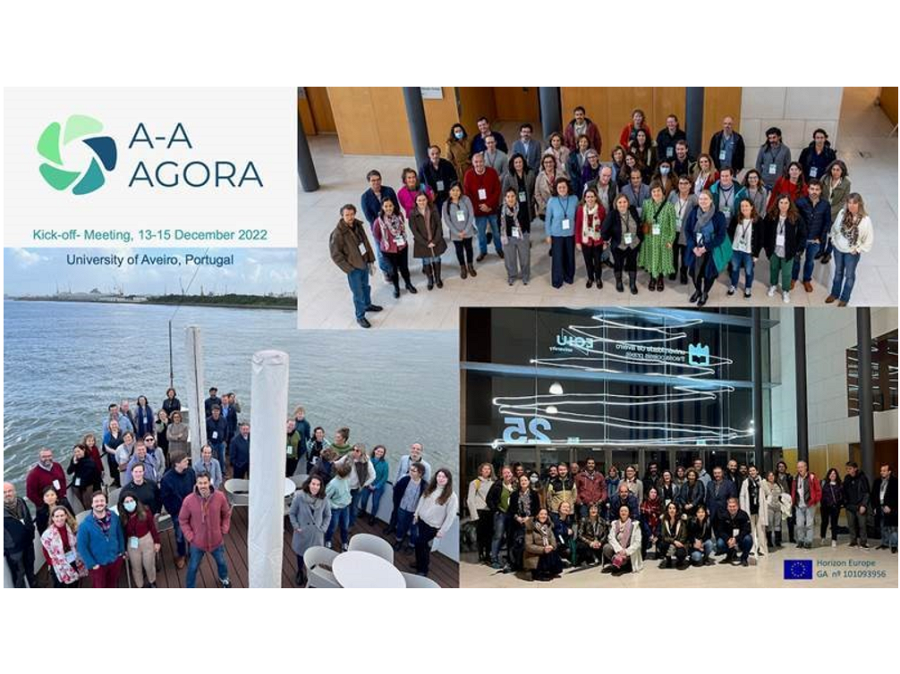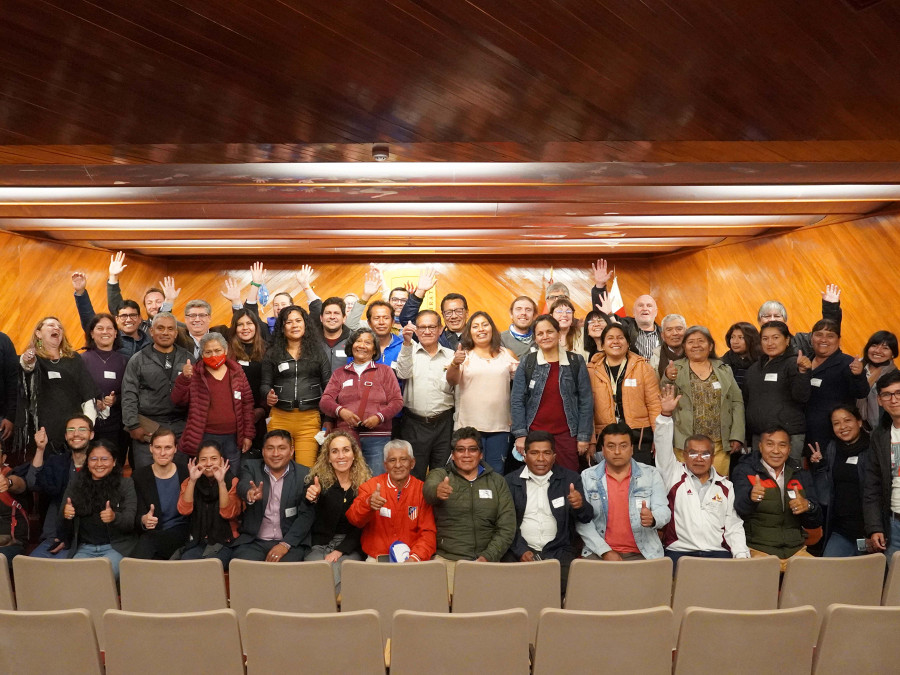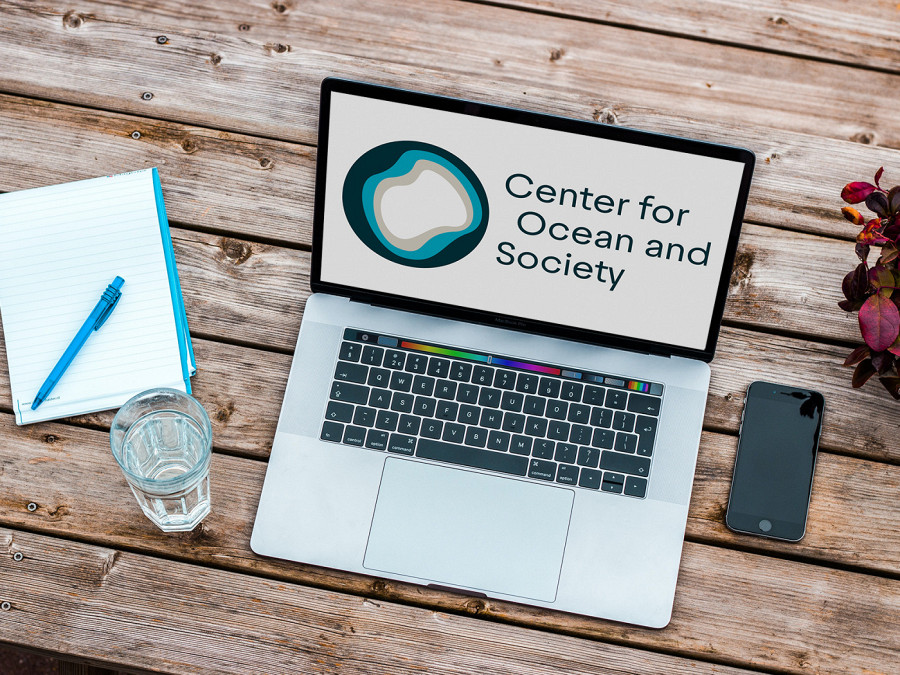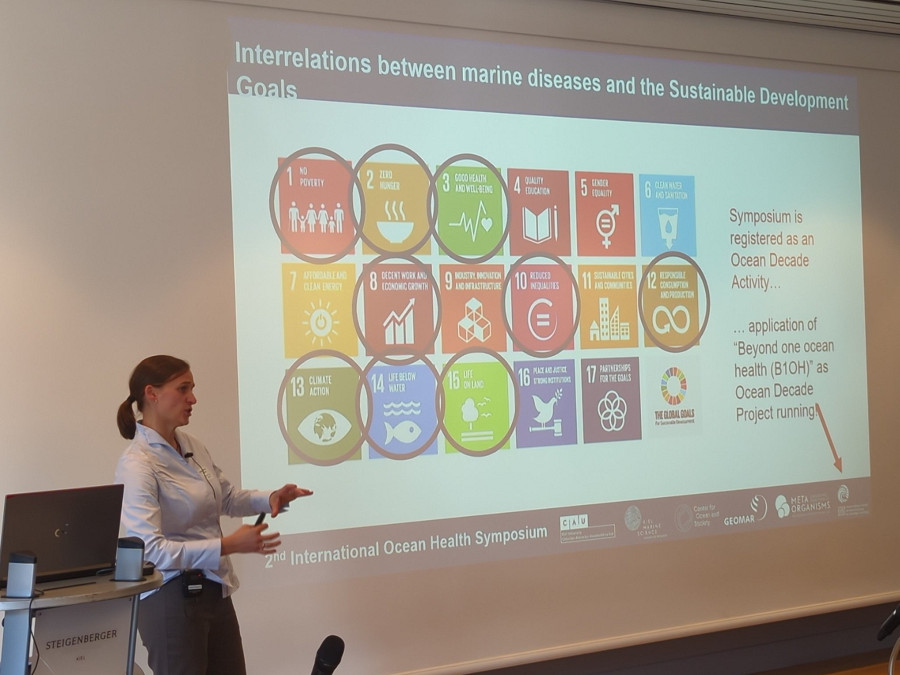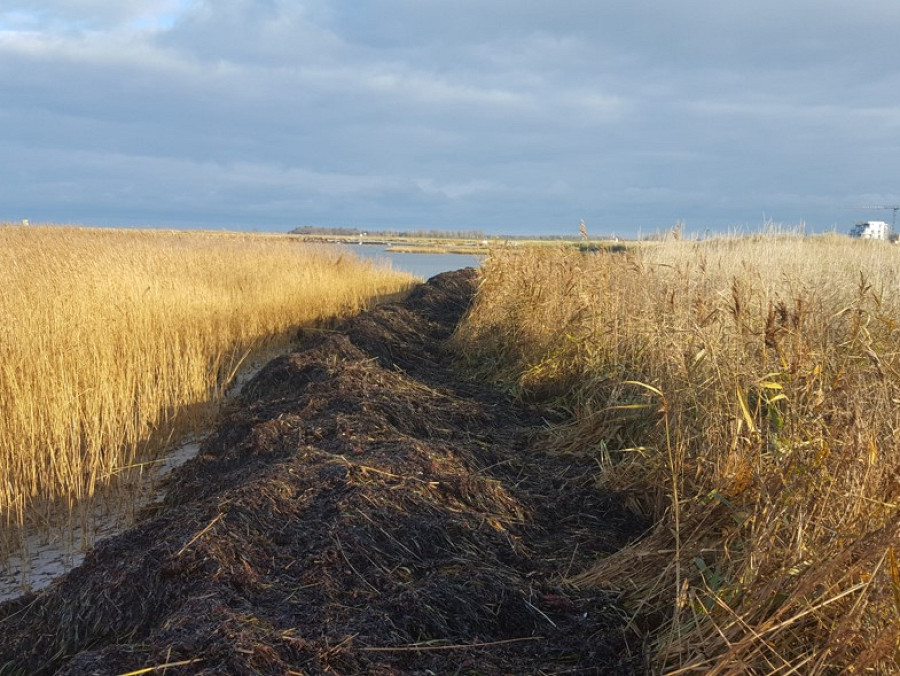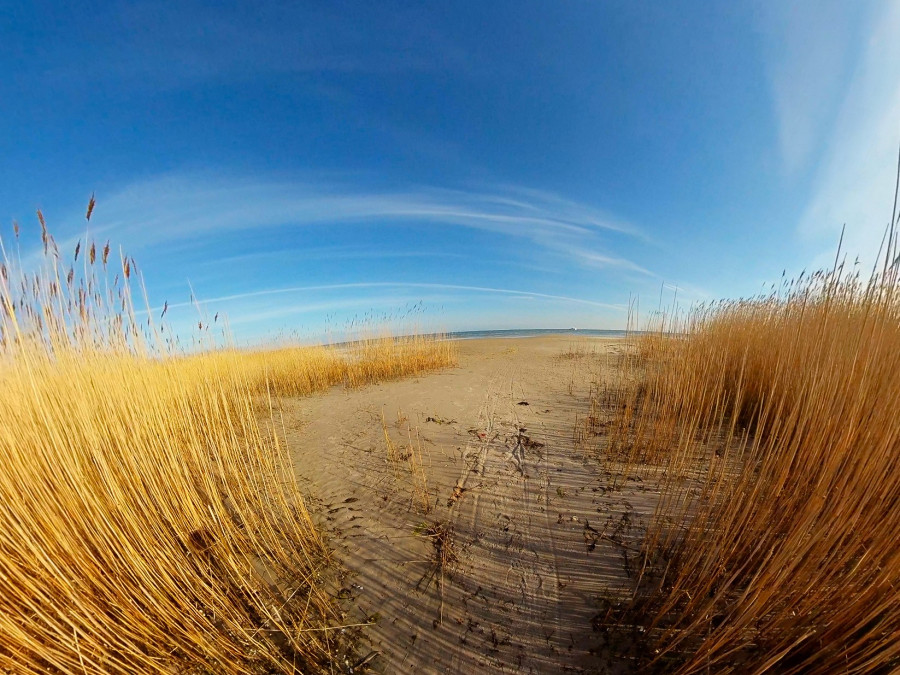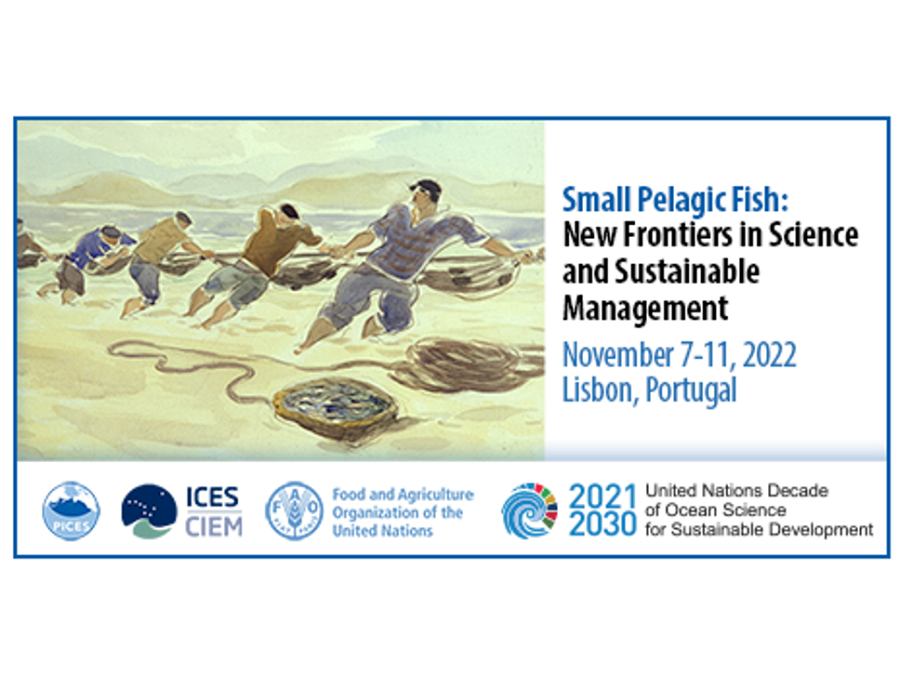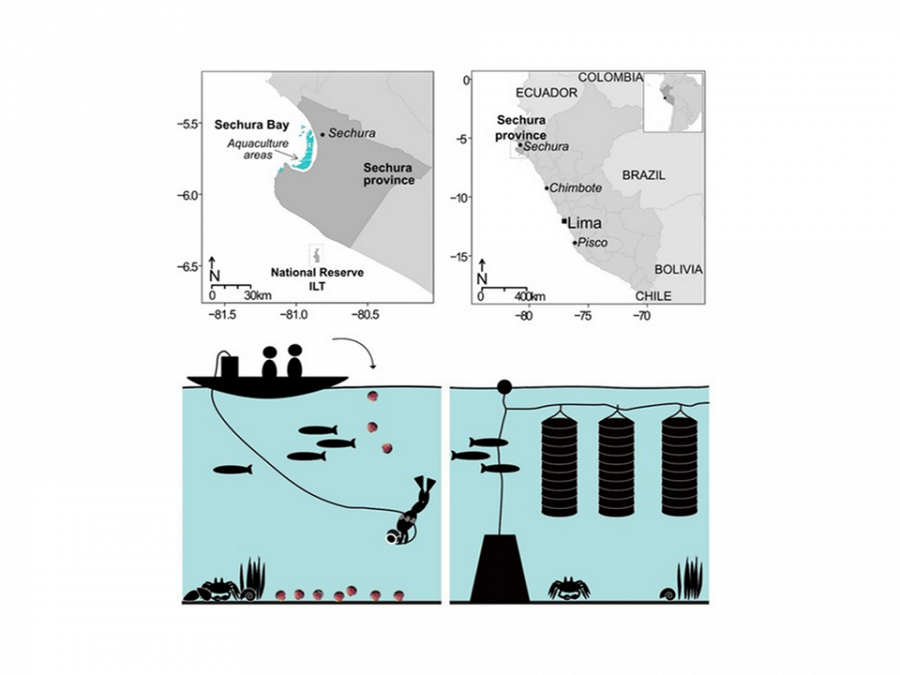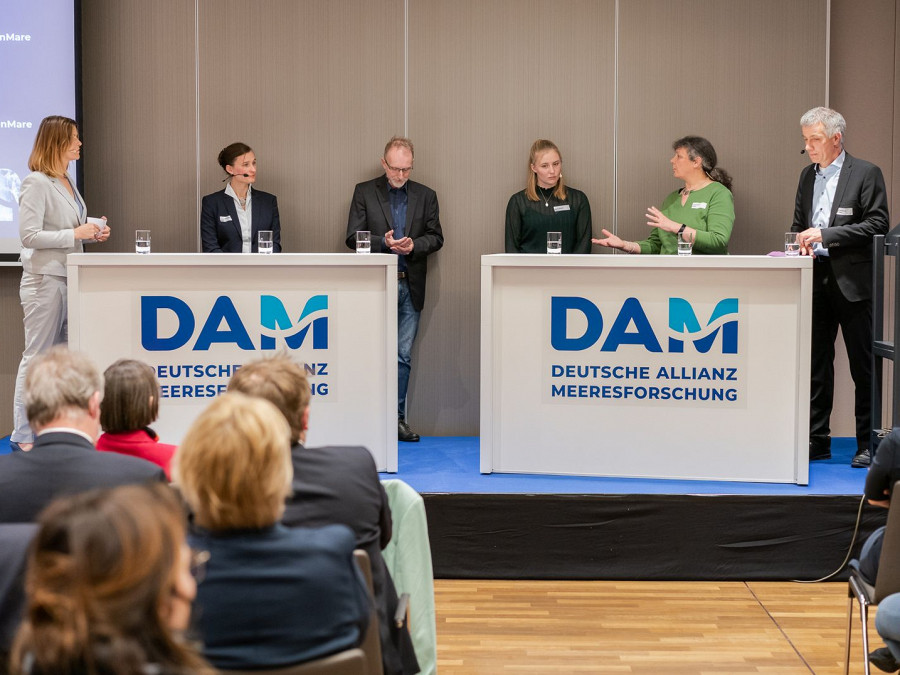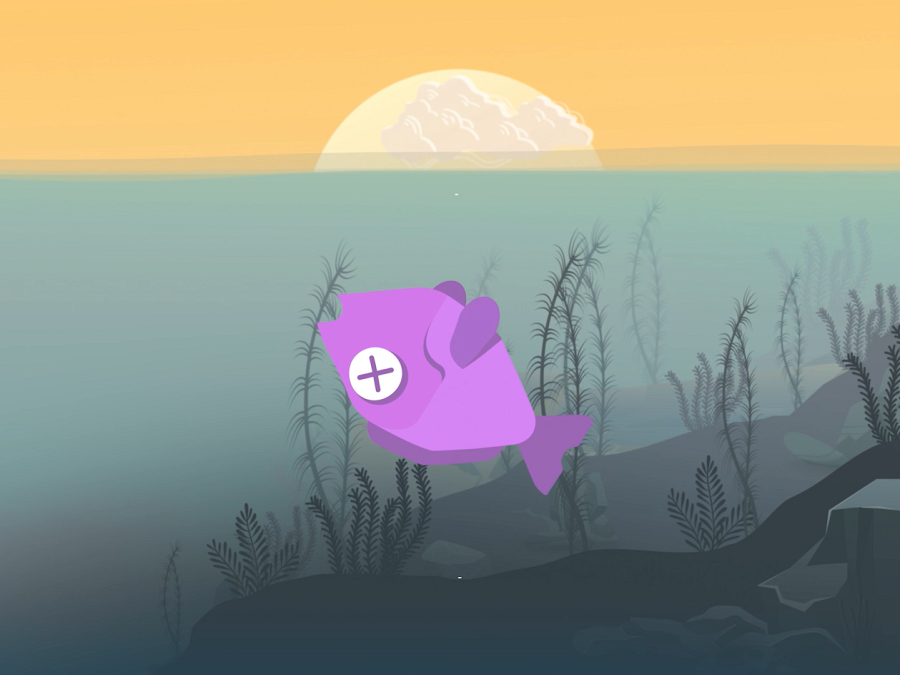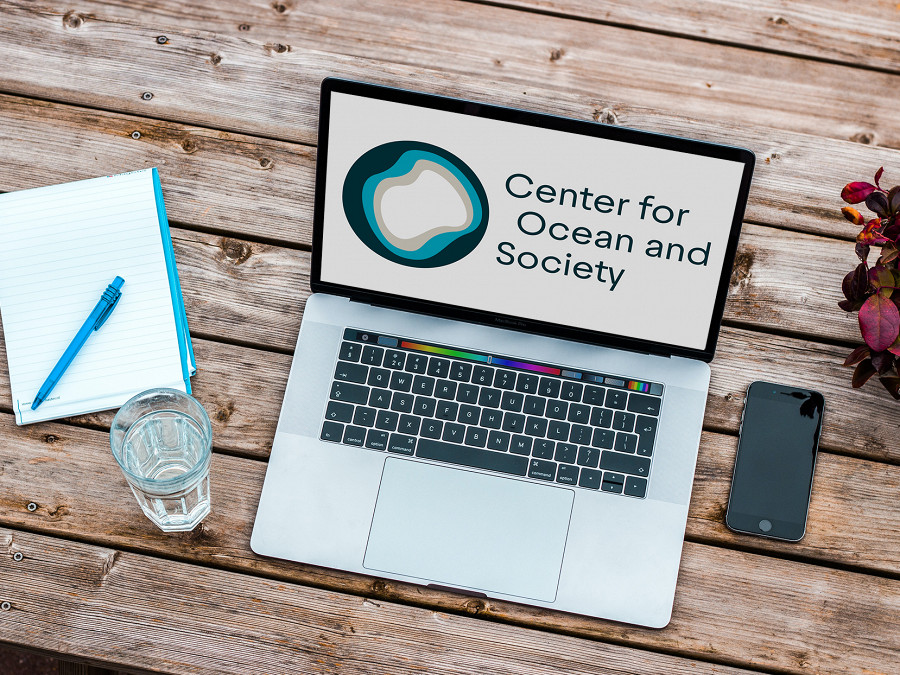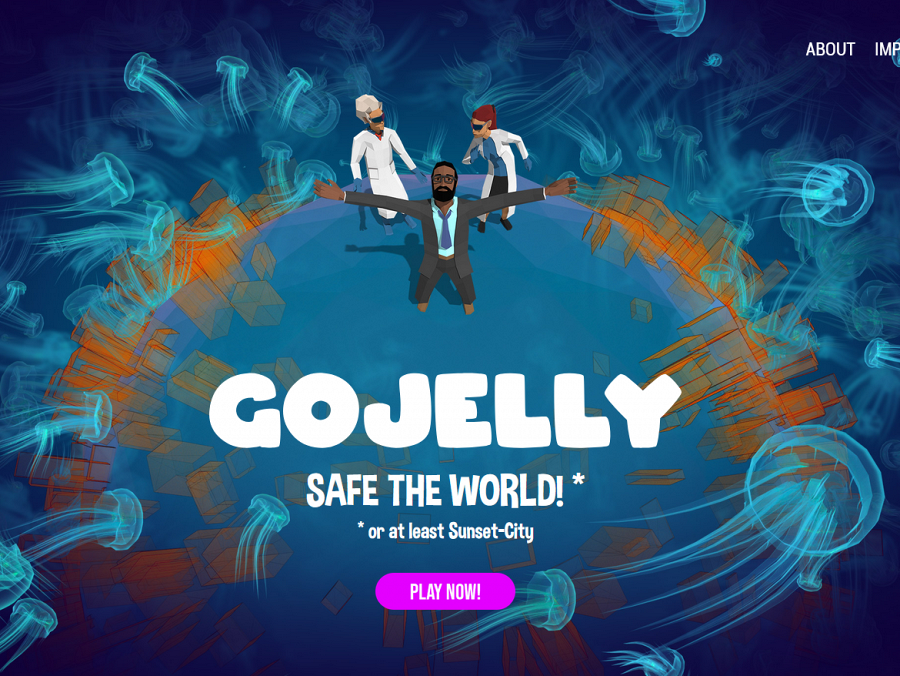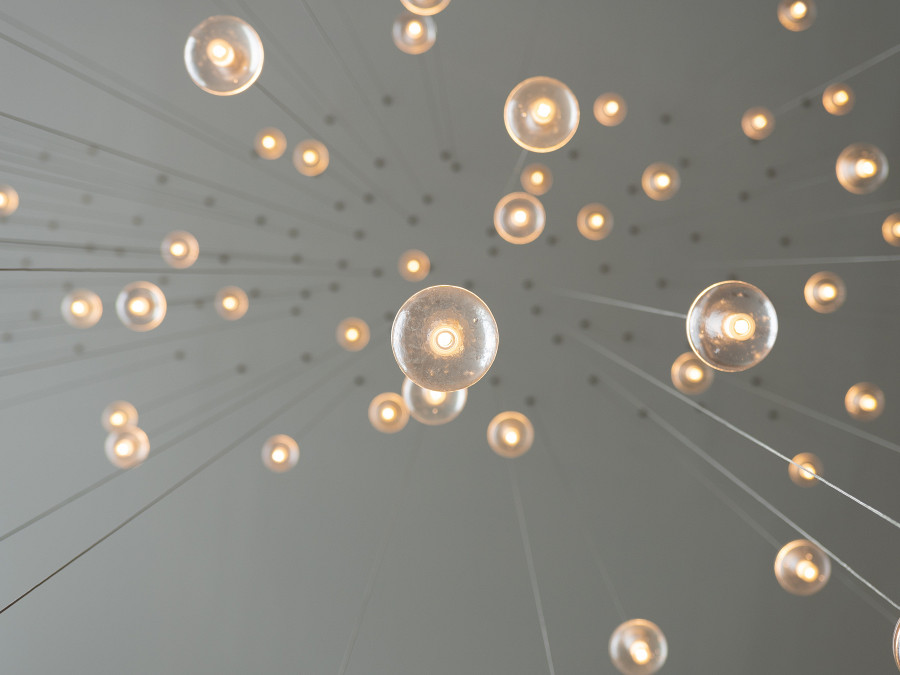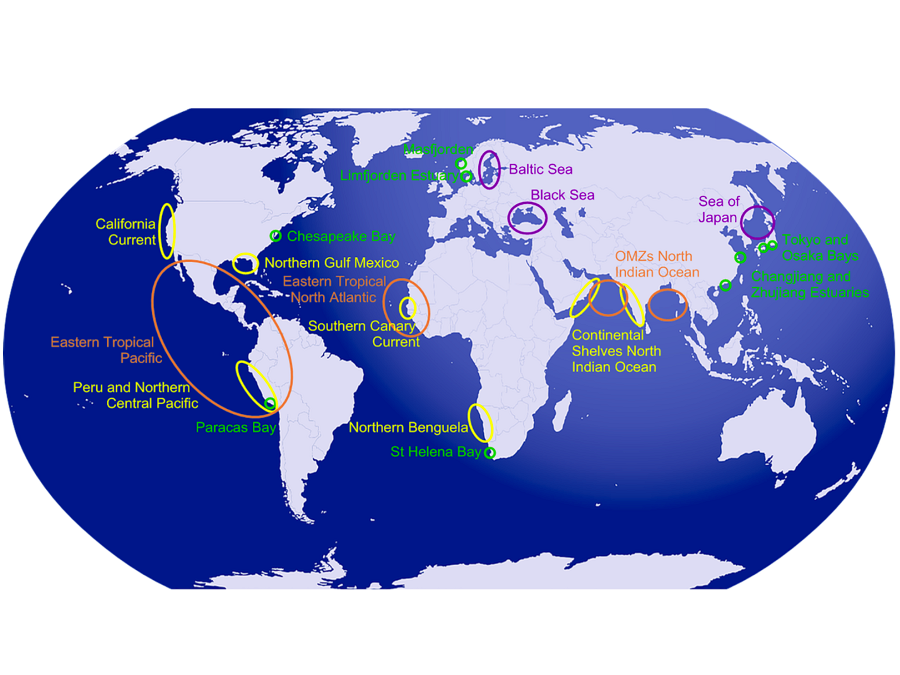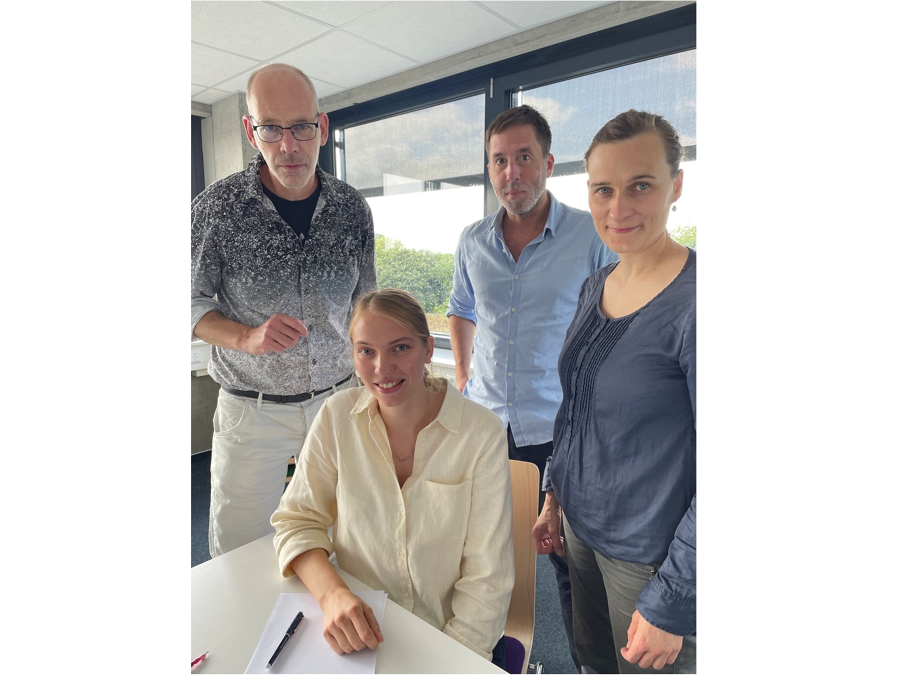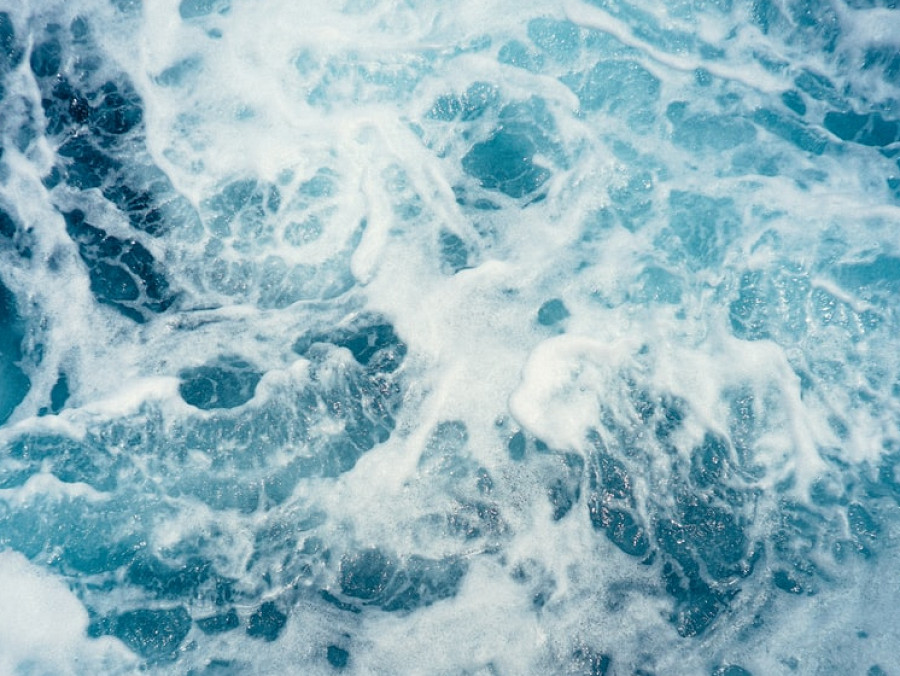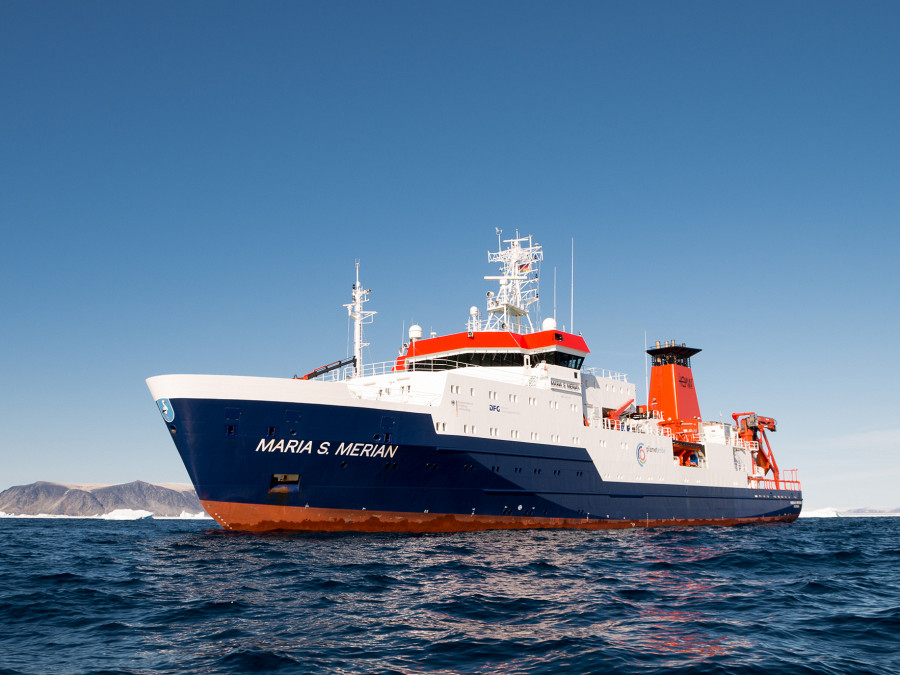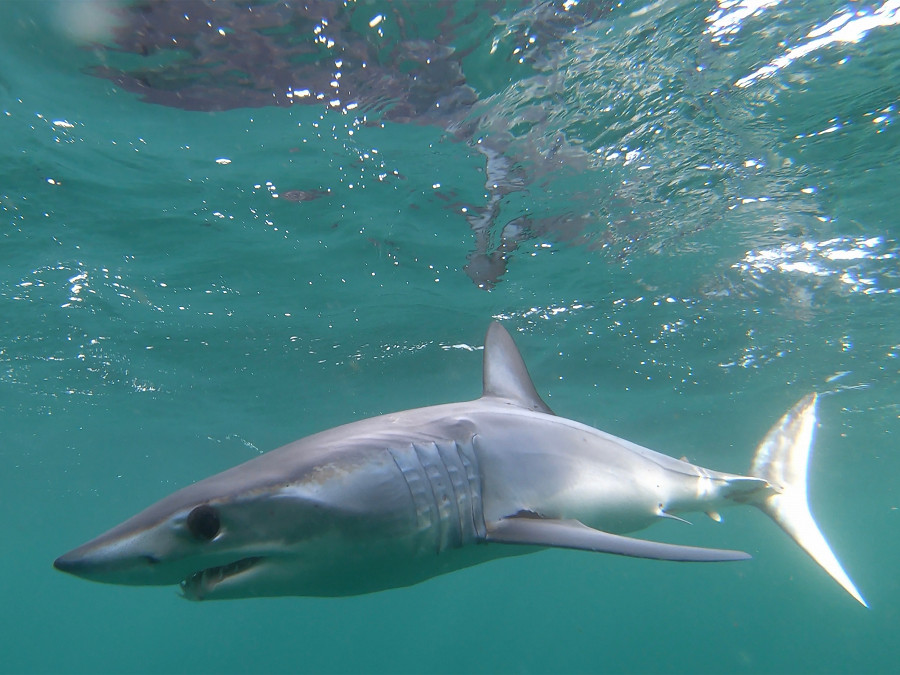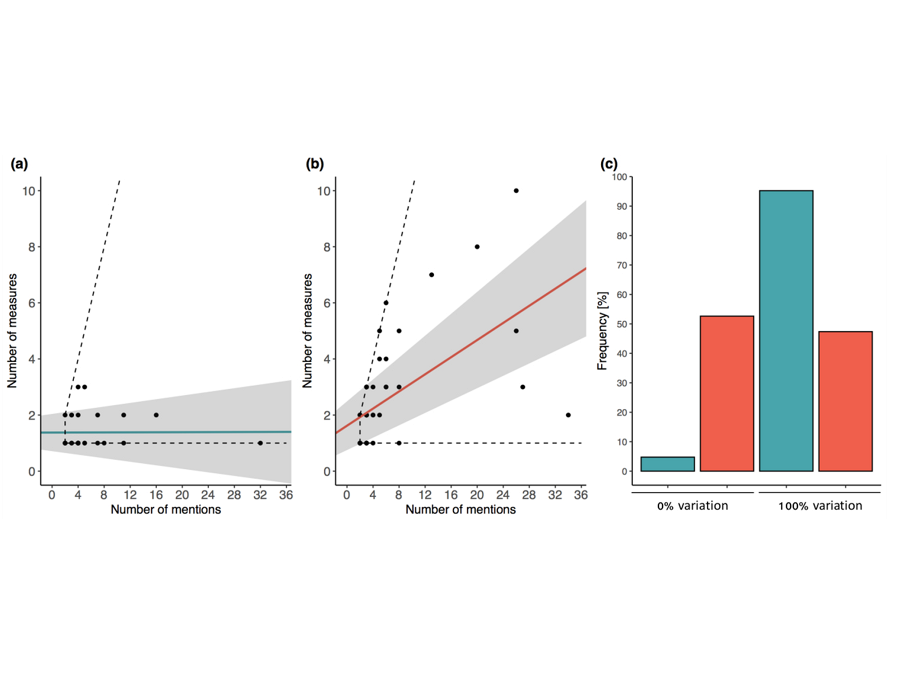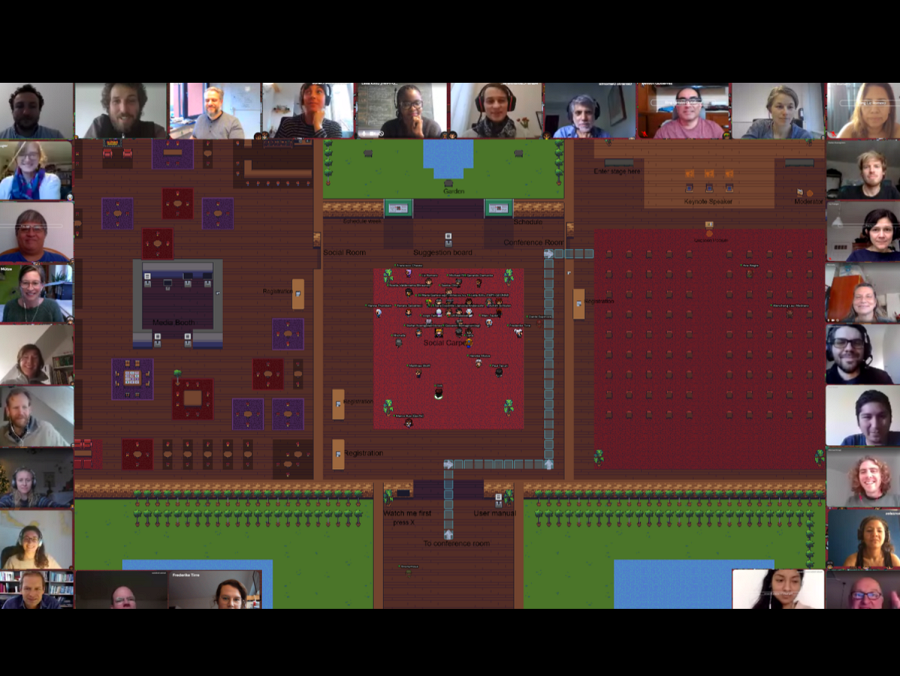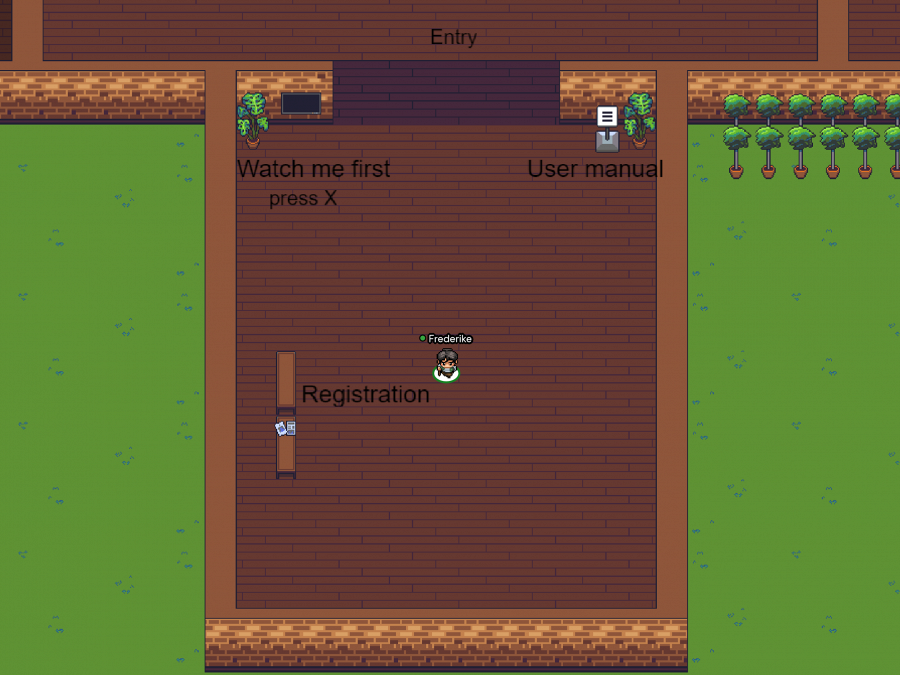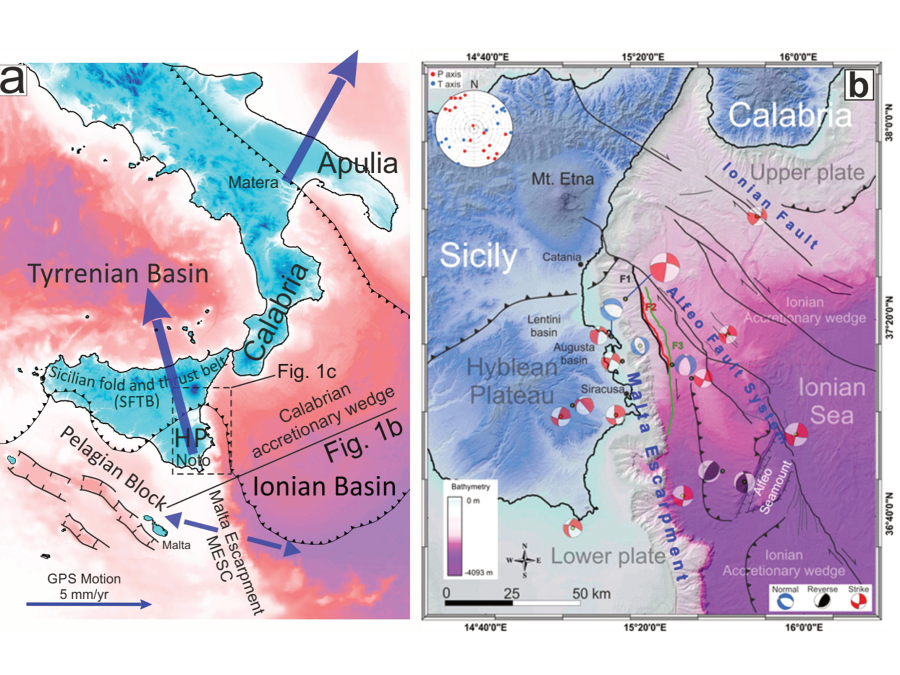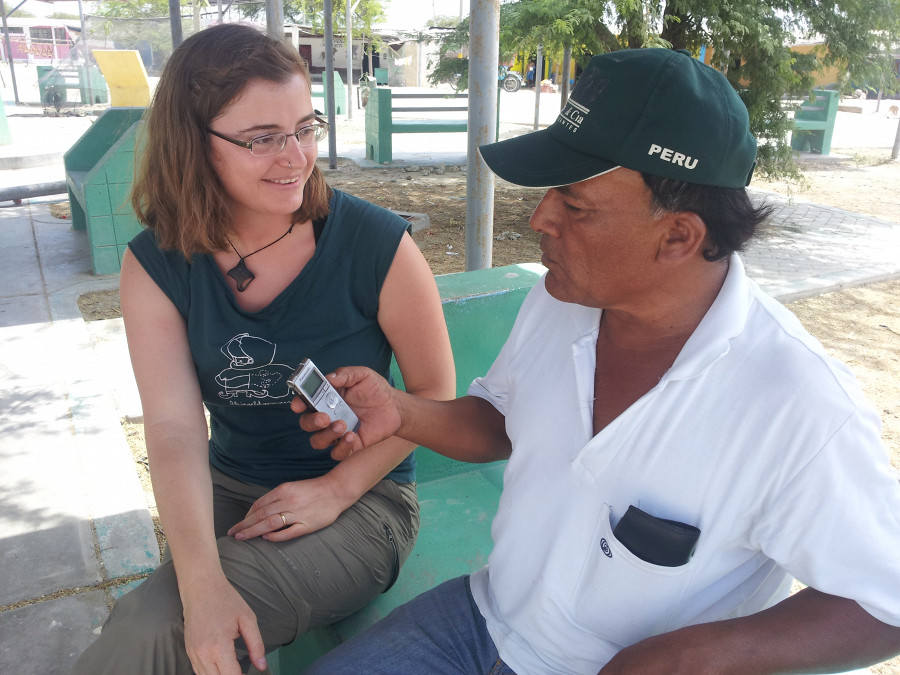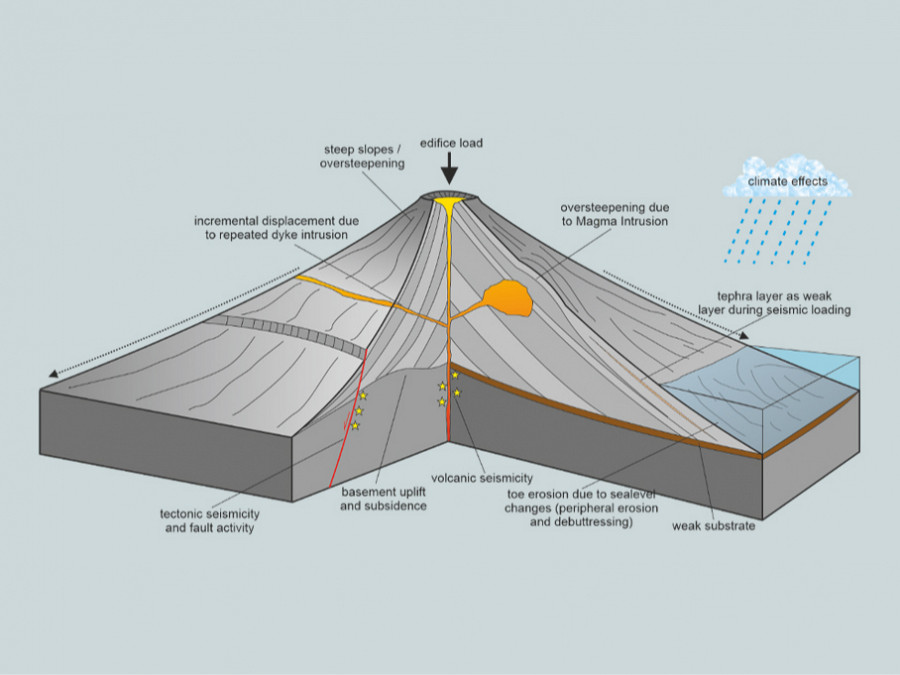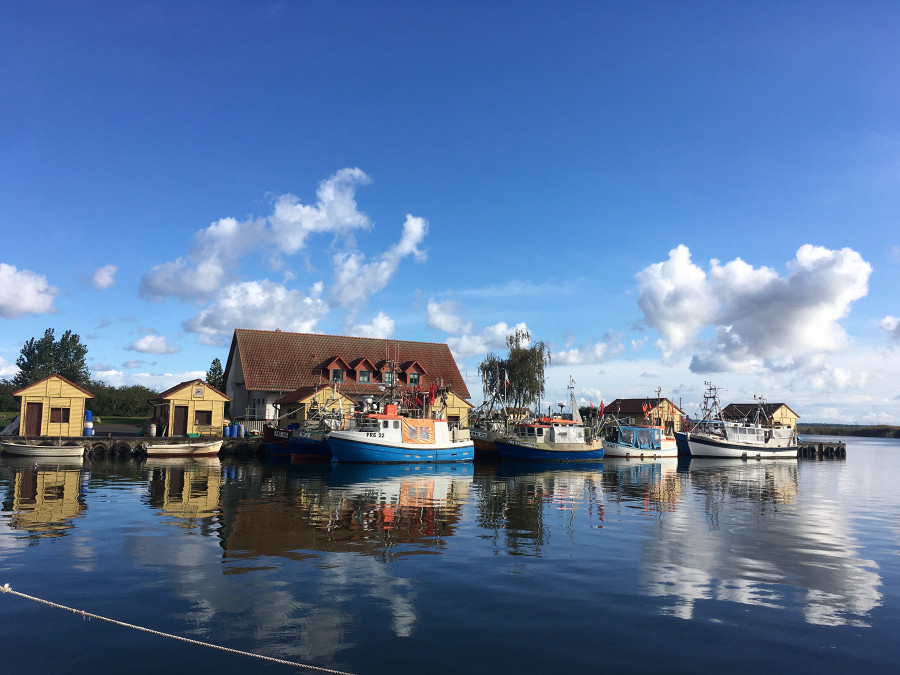

Focus
Dr. Renato Salvatteci Joins as Guest Editor for Special Issue on South American Climate Variability
Feierliche Einweihung des neuen Marine Science Campus im Wissenschaftspark
First Kiel Marine Science Workshop to strengthen marine research with partners outside the scientific community
Early-career researchers tackle marine challenges in a Humboldt Tipping workshop
Science meets Society - Concepts, methods and case studies of transdisciplinary (marine) research (biol-OceanEducation-01a)
A series of seminars organised by the Center for Ocean and Society (CeOS) of the KMS research focus and the Interdisciplinary Master School of Marine Sciences (iMSMS) at Kiel University.
Faktencheck Artenvielfalt zeigt erstmals, wie es um die biologische Vielfalt in Deutschland steht
A new educational coastal trail, officially inaugurated today in Wendtorf on Schleswig-Holstein's Baltic Sea coast, now offers insights into life on the coast and the Baltic Sea habitat
Early-career scientists are invited to join our free workshop from October 7-12, 2024, both online and in person.
Nachhaltige Seeigelfischerei: Wissenschaft trifft Praxis
CeOS researchers develop immersive teaching content together with UiT "The Arctic University of Norway"
We are looking for a researcher in the field of resource economics starting 01.11.2024
Kieler Meeresforschende von CAU und GEOMAR trafen sich am Ostufer zum disziplinenübergreifenden Ostsee-Workshop
Schwedische Delegation der Universität Göteborg zu Gast bei Kiel Marine Science an der CAU
New ICES Expert Group, chaired by the Universities of Kiel and Hamburg and the Danish DTU Aqua, begins Work
A hands-on experience of the ocean and the world of marine research developed by the Center for Ocean and Society
CeOS involved in MULTI-MAREX
Prof. Dr. Marie-Catherine Riekhof and Prof. Dr. Frederik Noack present an explanation based on regulatory costs and technological progress
At the 9th World Fisheries Congress, Rudi Voss presented on “Optimal Management Of Western Baltic Cod and Herring Fisheries Under Climate Change” in an unusual, outreaching way.
The Special Issue is part of the UN decade project’s activity B1OH.
Forschende der Uni Kiel, des GEOMAR und der Universität Hamburg bilden auf der FS ALKOR Fischer in meereswissenschaftlichen Methoden aus.
Brochure of the reSEArch-EU project with recommendations for researchers on the involvement of practice partners
We are looking for a XR/VR Scientist/Developer for creating immersive virtual environments which will be used in stakeholder dialogue formats and the establishment of a living lab
Adaptation of coastal fisheries in the Western Baltic Sea to climate change
Researchers in Kiel and Lima discuss ways to adapt to changing environmental conditions
BMEL-Leitbildkommission zur Zukunft der deutschen Ostseefischerei legt Empfehlungen vor
Through their daily work on the water, fishers have a different perception of the ecosystem than scientists, for example. How can this knowledge be integrated into scientific assessments?
The paper “To tip or not to tip: The Window of Tipping Point Analysis for social‐ecological systems” led by Prof. Dr. Marie-Catherine Riekhof and published in the journal of Natural Resource Modeling, has won the Lamberson Award 2023
CAU-Professorin Marie-Catherine Riekhof nimmt am parlamentarisches Frühstück der DAM-Forschungsmission sustainMare in Berlin teil
CeOS ist Mitglied im „Netzwerk Reallabore der Nachhaltigkeit“ und hat in den letzten Jahren die Entwicklung mariner Reallabore wesentlich geprägt.
CeOS will participate in this year's ICES Annual Science Conference 2023 and will travel to Bilbao (Spain) from September 11-14. The focus is on the future of fisheries. To this end, the CeOS team is organizing several event formats.
At the Baltic Sea Festival Science Lab (in Stockholm), young researchers were able to translate their findings into audio experiences together with composers.
From August 30 to September 1, 2023, the midterm conference of the research mission "Protection and Sustainable Use of Marine Areas - sustainMare" of the German Alliance for Marine Research (DAM) will take place at Kiel University.
From August 22nd to 24th, 2023, the South African National Biodiversity Institute in Cape Town became the epicentre of a transformative event - a Science to Policy Workshop for Ecosystem Based Management.
CeOS shows transdisciplinary research and virtual tour of the research vessel METEOR
Researchers from Germany and Peru jointly develop new adaptation strategies to the impacts of climate change on the Humboldt upwelling area off the Peruvian coast
Ausstellung im Pop-Up Pavillon zu Umwelt und Gesellschaft aus der Perspektive von Wissenschaft und Kunst
Tree-based solutions to ensure drinking water quality in Portugal
Researchers will develop management options for better balance of sea urchins and fish in marine forests
On 21.02.2023 Anna Kassautzki (MdB, SPD) and Delara Burchardt (MEP, SPD), met with CeOS staff.
Book chapter published in "Transdisciplinary Marine Research"
Struktur der submarinen Westflanke des Vulkans Tajogaite steht im Zentrum der meereswissenschaftlichen Expedition
Kick-Off Meeting from succesfully funded EU-HORIZON 2021 project “ATLANTIC-ARCTIC AGORA” in Aveiro, Portugal
Cross-sectoral cooperation for restoration of marine and coastal ecosystems and increased climate resilience through transformative innovation.
Konstituierende Sitzung der Kommission des Bundesministeriums für Ernährung und Landwirtschaft (BMEL) zur Zukunft der Ostseefischerei in der Kieler Seeburg
A total of 65 representatives from different sectors participated.
(28.09.2022) Visit CeOS during the Science Day on 30.09.2022. From the bridge to the lab - join marine scientists on their ocean expedition.
(14.09.2022) We are looking for a research assistant for the technical support of a seminar series in WS 22/23.
New Commentary on the governance of blue carbon ecosystems in the journal of "Ecological Economics".
More than 100 international experts discuss ocean health with focus on impact of marine pathogens on ecosystem and society
New KMS paper on the deposition of beach wrack in coastal wetlands during storms. For the first time, a section of the Baltic Sea coast was accurately surveyed after several winter storms.
(16.06.2022) In the short film CoastScapes, scientists* from the Center for Ocean and Society at Kiel University look at different coastal zones, such as beach grass in the dune to brackish water reeds - a nursery for young fish.
(30.05.2022) Dr. Frederike Tirre on Outreach & Science Communication as guest on Ocean Summit and Geomar panel during Science Communication Focus Weeks .
Dr. Florian Petersen was honored with the Prof. Dr. Werner Petersen Foundation award 2021 for his outstanding PhD thesis.
Call for Abstracts for international symposium of "Small Pelagic Fish: New Frontiers in Science for Sustainable Management"
(17.05.2022) Early registration, abstract submission & financial support application deadline on May 22, for international symposium on “Small Pelagic Fish: New Frontiers in Science for Sustainable Management”, Nov 7-11, 2022, in Lisbon, Portugal.
(11.05.2022) Heike Schwermer and Vanessa Steinweg will participate in the 31. Marine Environmental Symposium and present their poster on "Fish, Fisheries & Culture - A Transdisciplinary Look at Western Baltic Fisheries"
New publication within the Humboldt Tipping Project: "Materialities, discourses and governance: scallop culture in Sechura, Peru"
(05.05.2022) New study published in the "Journal of Environmental Policy & Planning" looks at the institutional emergence, particularly space rights, within the culture of the Peruvian bay scallop (Argopecten purpuratus) in Sechura Bay, Peru.
Research project Living Lab Eckernförde takes initial stock after one year of dialogue with stakeholders from the region
(29.03.2022) For a master thesis about the German Baltic Sea we are looking for participants for a survey. Interested? Then please fill out the following survey: https://ww3.unipark.de/uc/CEOS/9e3a/?a=1031
(25.03.2022) ITD Global Alliance for Inter- and Transdisciplinarity
(25.03.2022) Erster Parlamentarischer Abend der Deutschen Allianz Meeresforschung in Kiel
(21.02.2022) Project SpaCeParti relies on living labs to resolve conflicts of use
Robust, ecologically-economic multispecies management of the fishery resources of the central Baltic Sea
(Jan. 28, 2022) New study published in ICES Journal of Marine Science: robust multispecies ecological-economic management of fishery resources in the central Baltic Sea.
Structural change, cultural asset & common good fish- The western Baltic fishery from the perspective of national economy
(26.01.2022) Lecture on "Some Economic Considerations on Baltic Sea Fisheries" at this year's University Conference of the Faculty of Agricultural and Food Sciences.
(25.1.2022) CeOS scientist Dr Florian Petersen is investigating earthquake hazards off the Sicilian coast during an expedition on the French research vessel NO Pourquoi Pas?
(13.01.2022) Latest project clip now available on Youtube
(7.1.2022) Researchers reconstruct link between ocean warming and shift to smaller fish species using sediment samples from the Humboldt Current System
(9.12.2021) Expedition M178 HazELNUT with the German research vessel METEOR successfully completed work off Etna and is now on its way to the third active volcano on its journey from Emden, through the Mediterranean to the Canary Islands.
(2.12.2021) Exchange for networking science and society is strengthened
Historical sources indicate that overfishing of the Baltic herring began over 500 years ago and continues to have an impact today
(4.11.2021) A thought experiment examines opportunities and prerequisites
(27.9.2021) Games- Bringing science to the public
(10.9.2021) How permit markets can be used to spur technological breakthroughs
(23.8.2021) New study helps understanding oxygen depletion - a sound basis for predicting changes in the future.
(16.8.2021) Atmospheric CO2 removal through marine alkalinity enhancement - what would be the impact on fisheries and food security?
(10.8.2021) Vanessa Steinweg presents results at ICYMARE
(10.8.2021) We are looking for a research assistant (m/f/d) in the field of resource economics in the project "Road testing ocean artificial upwelling (TestArtUp).
(8.7.2021) Project TestArtUp approved
GenClim project investigates genetic changes in specific fish populations due to climate change
(22.6.21) Researchers from Kiel University, with the participation of CeOS, underway on the German research vessel Maria S. Merian to Canada.
(2.6.2021) “The ocean we need for the future we want” Germany launches UN Ocean decade in virtual event
(19.4.2021) Importance of ecosystem service studied
(14.4.2021) Modeling and understanding social-ecological knowledge diversity
Neues Projekt unter Leitung der Uni Kiel entwickelt praxisnahe Lösungen für die Ostsee-Region bis zum Jahr 2030
(8.3.2021) Latest project clip now available on Youtube
(23.2.2021) CeOS will support a new HELCOM project
(18.2.2021) We are seeking a scientist in the field of integrative (qualitative and/or quantitative) natural hazard analysis
New paths for Humboldt Tipping project meetings and communication- a virtual conference in gather.town
(15.2.2021) Humboldt Tipping internal conference held in a virtual format
(2.2.2021) New data helps to better assess the hazards in the region.
Since January, the marine ecologist has been leading the Marine Food Security team
The new Center for Ocean and Society at Kiel University focuses on transdisciplinary marine research
In the special issue of the International Journal of Earth Sciences on volcanic slope instabilities, geoscientist Felix Gross describes the current state of marine research.
Adaptation of coastal fisheries in the Western Baltic Sea to climate change
What are the implications of climate change for Eastern Atlantic fisheries? Bio-economic modeling to support the necessary policy adjustments.
The construction of CeOS goes into the next phase - successful team building in times of COVID-19.
We are seeking a Doctoral Researcher (m/f/d) in Resource Economics “Climate Change, Biodiversity and Fishery Management“















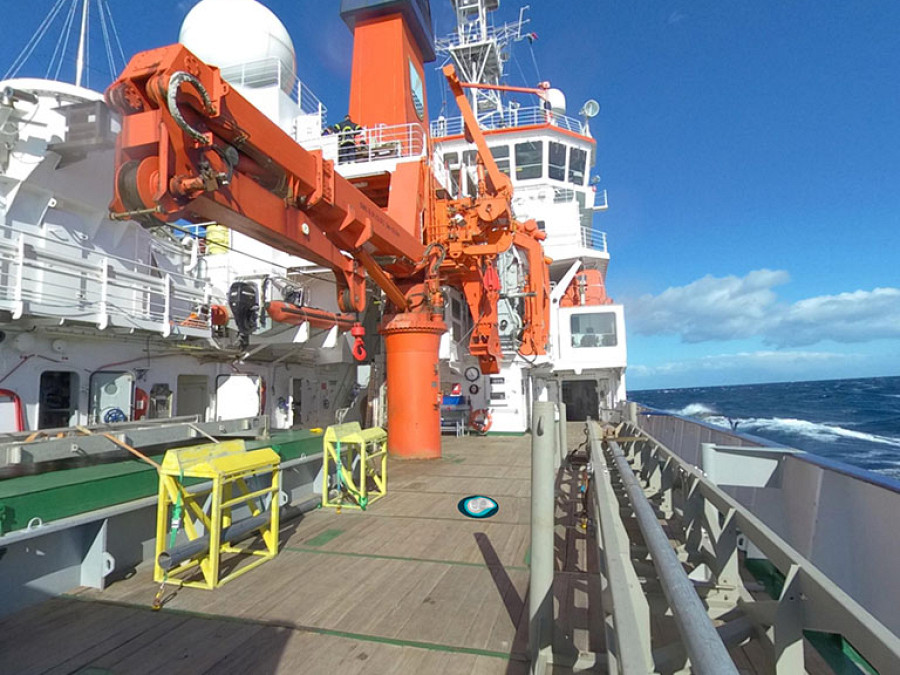

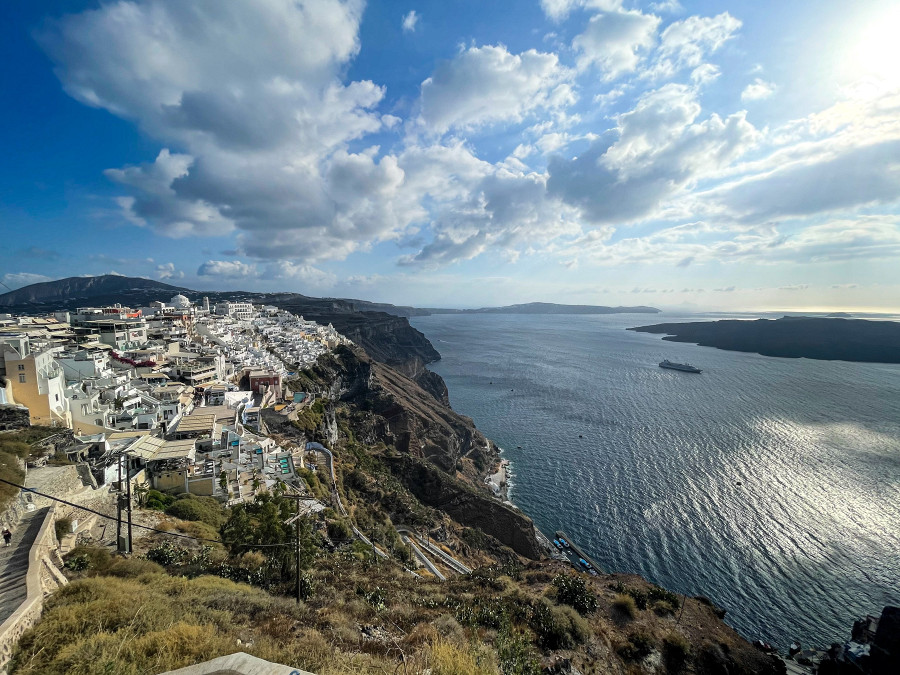





-lg.jpg)

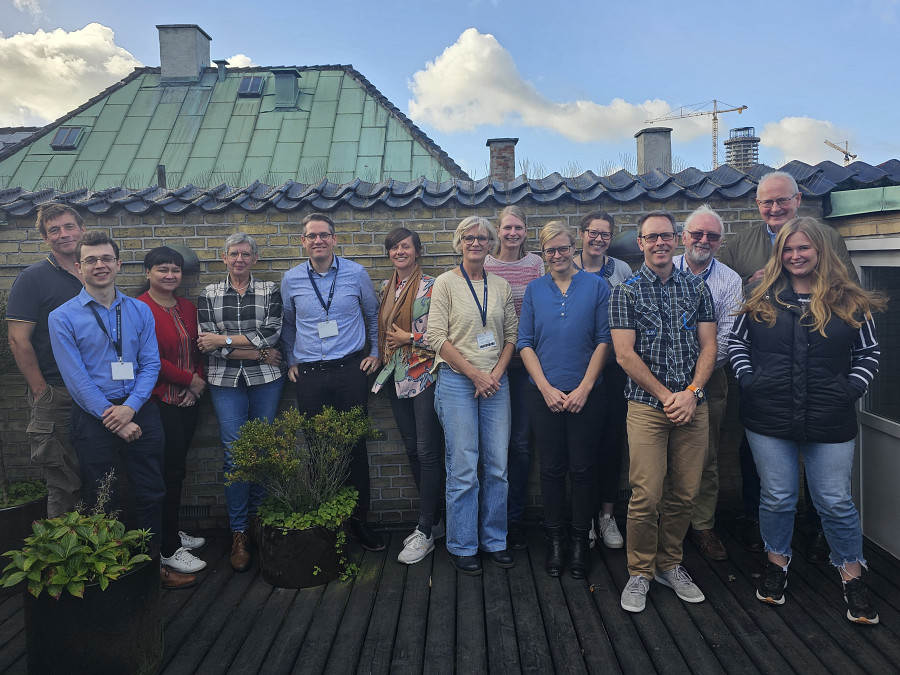
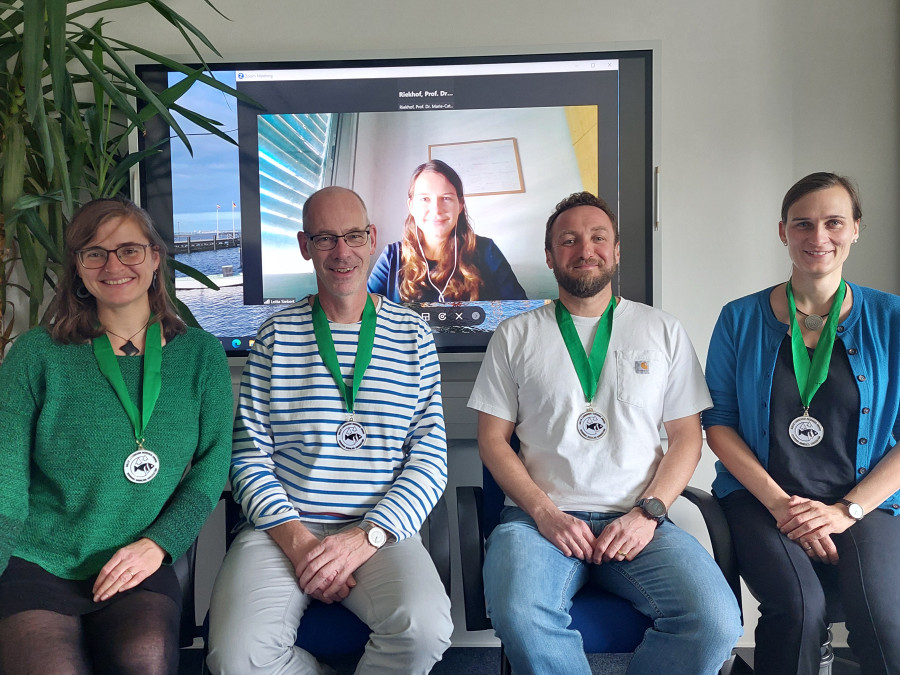


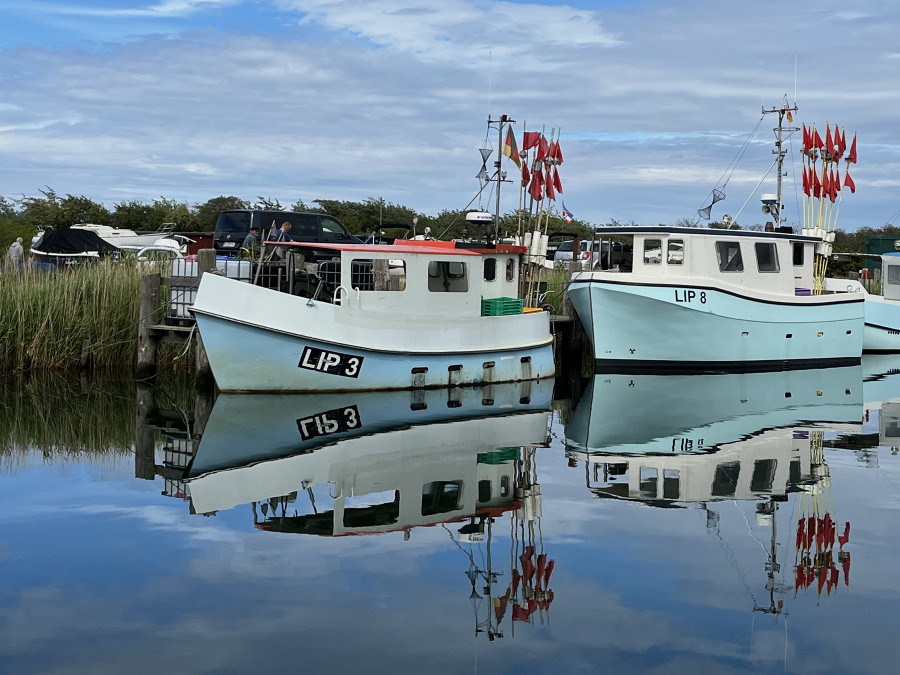
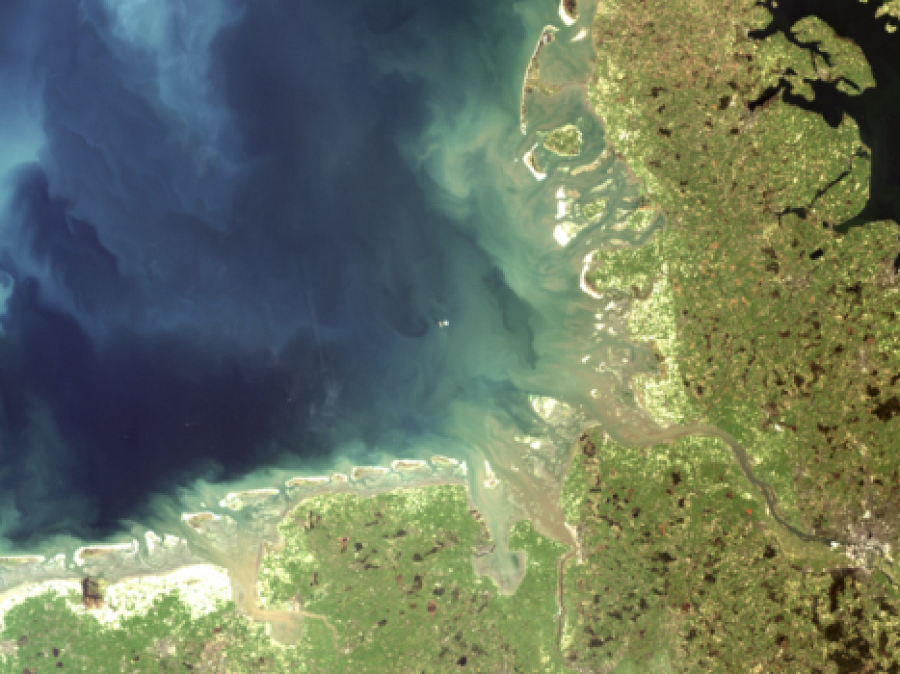
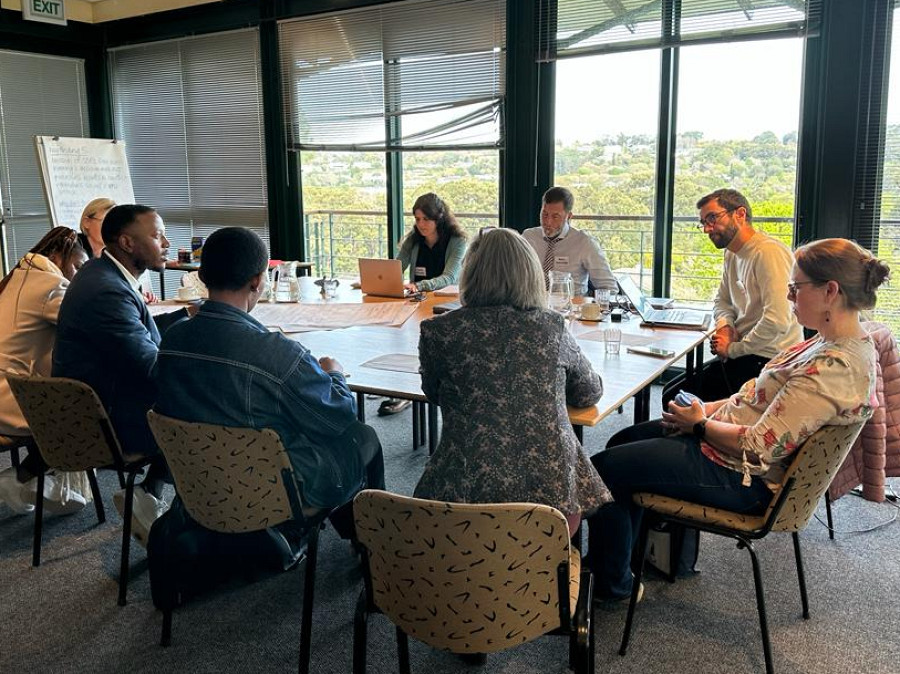
-lg.jpeg)
-lg.png)
